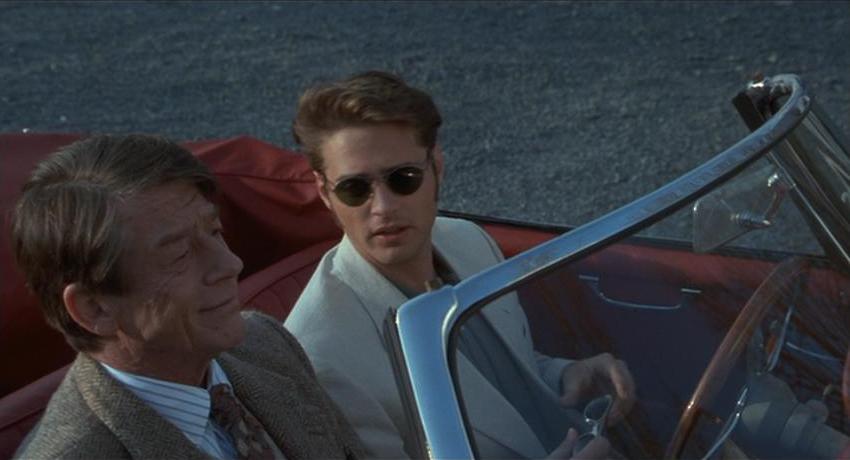
 |
| Photo © 1997 Skyline Films, © 1998 Lions Gate Films |
| Other Awards: | |
| New York Film Critics Circle: Best First Film | |
| National Board of Review: Special Mention for Excellence in Filmmaking | |
| British Academy Awards (BAFTAs): Most Promising Newcomer (Kwietniowski) | |
| Chicago Film Festival (1997): FIPRESCI Prize (Special Mention) | |
| Permalink | Home | 1998 | ABC | Blog |